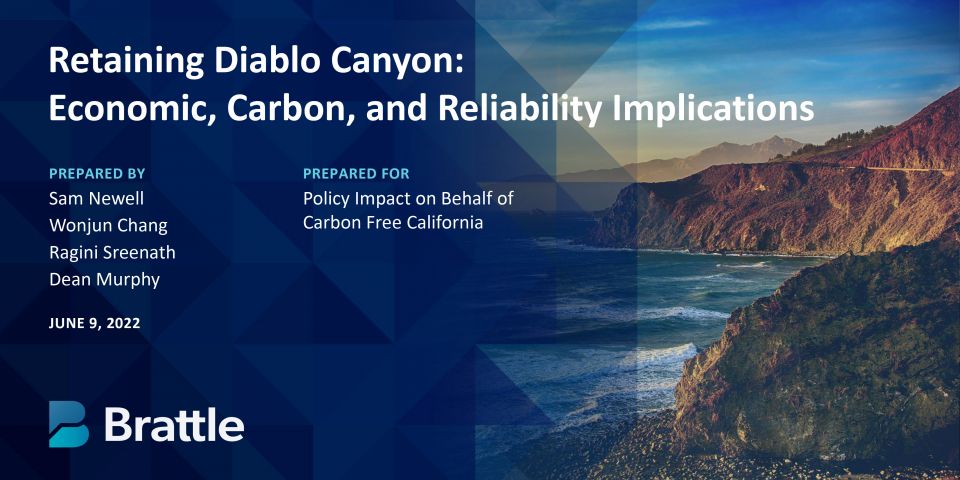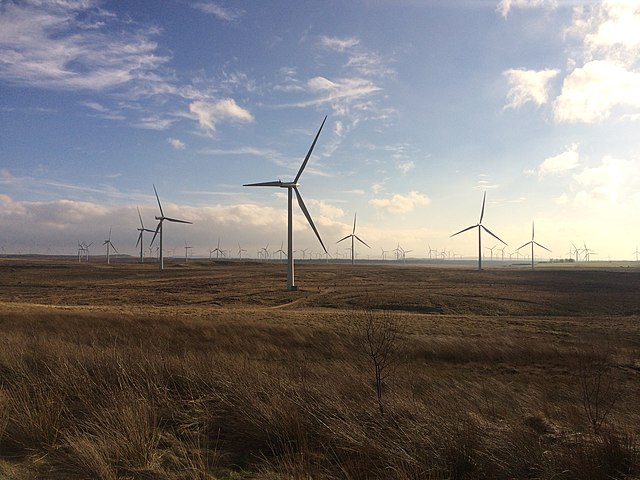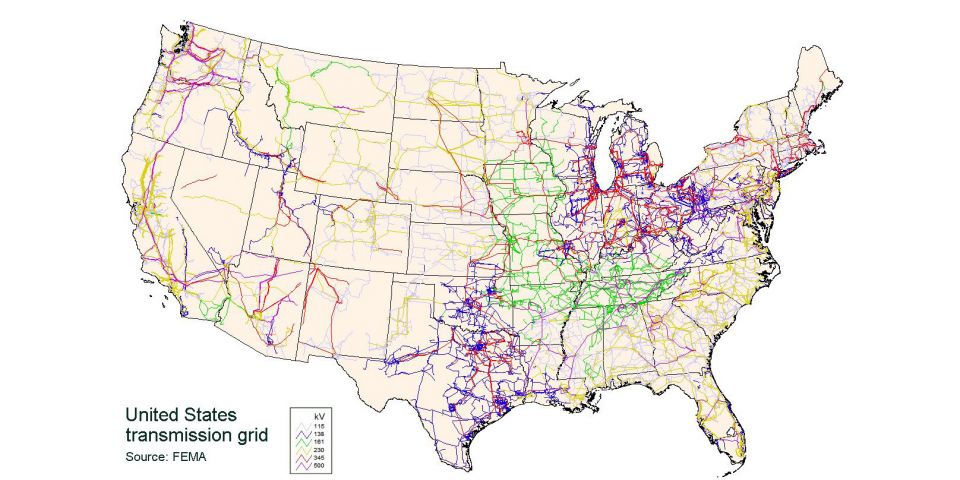And now: Edesess writes that today, “While there is general agreement that virtually all the energy used globally must eventually be electric, that leaves open the question of how to generate that electricity.” But there is no broad agreement on the answer to that question.
He continues, “We do at least know what the options are . . . wind, solar, and water energy (wind turbines, solar panels or solar-thermal-electric, and hydroelectric); biomass; geothermal; nuclear fission; nuclear fusion; and waves and tides. There are no others.”
Renewables fail: Edesess discusses the views of energy analysts, such as Rewiring America founder Saul Griffith, who downplay the role that nuclear energy should play in reaching climate goals. Although Griffith seeks to make wind and solar “not only plausible, but eminently feasible as the ultimate solution,” Edesess concludes that “he fails.”
In his Bulletin article, Edesess points out the two main problems that “the renewables army” faces in pinning all their hopes on wind, water, and solar: their intermittency over time and diminishing returns to scale. “If electricity is delivered whenever it ‘feels like’ being delivered (when the wind is blowing somewhere or the sun is shining), it won’t meet the demand—unless the consumer for that electricity has its own gigantic battery storage,” he explains.
In terms of the scale issue, “It should be obvious that for a resource like wind or solar, the most financially attractive projects are put into place first,” Edesess writes. “That means projects in the locations where the wind or solar resource is most plentiful and reliable, and the ease of delivering the electricity the greatest. Later projects as wind and solar scale up will be those with less abundant resources and less attractive financial viability.”
In other words, it might not be apparent now—relatively near the beginning of the renewables revolution—but the bright future these industries see may dim once the low-hanging fruit has been picked.
Groupthink: Nearing the end of his essay, Edesess warns, “A groupthink of over-optimism is widely shared by an army of renewables enthusiasts who fervently believe that we can replace all energy use with energy derived from electricity generated by wind and solar . . ."
He concludes, "Before it’s too late, we need to persuade that brilliant army of enthusiasts for the all-solar-and-wind energy scenario to apply their supremely impressive talents and accomplishments to the very serious consideration of—and planning for—the nuclear scenario. With their dedication, and their talents at planning, analysis, advocacy, and action, we could actually make a decarbonization scenario come true.”









